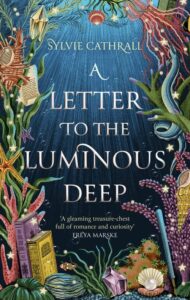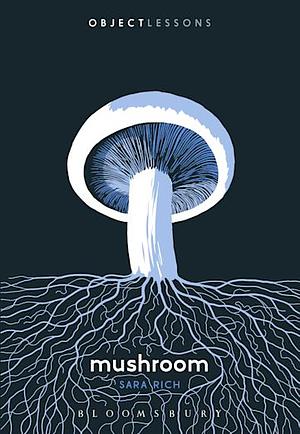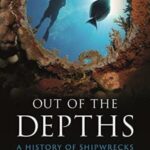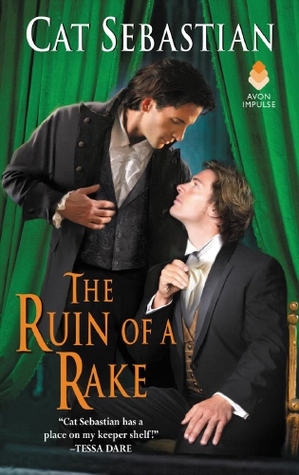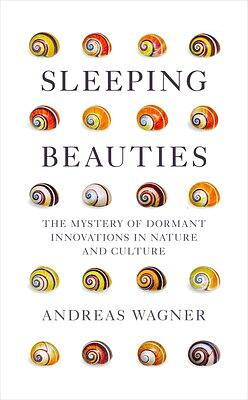
Sleeping Beauties: The Mystery of Dormant Innovations in Nature and Culture
by Andreas Wagner
Genres: Non-fiction, SciencePages: 352
Rating:

Synopsis:Why do some of nature’s marvels have to wait millions of years for their time in the sun?
Life innovates constantly, producing perfectly adapted species – but there’s a catch.
Animals, plants and even human inventions can languish for eons, despite having everything going for them. Once you start to look, those ‘sleeping beauties’ crop up everywhere. But why?
Looking at the book of life, from apex predators to keystone crops, and through cutting-edge experiments, Andreas Wagner demonstrates that innovations come frequently and cheaply to nature, well before they are needed. Look at prehistoric bacteria with the remarkable ability to fight off 21st-century antibiotics. And human history fits the pattern too, with life-changing technologies invented, forgotten and rediscovered before they finally took off.
Andreas Wagner’s Sleeping Beauties is a book of two halves: the first half posits a modified idea of how evolution works, which is mostly common sense once it comes down to it. The point is that things which don’t currently help organisms survive but might in future already exist, and it is these which evolution often acts on. It’s easiest to understand in the microscopic world: a bacterium which has never encounted penicillin can nonetheless be completely immune to it. How? Because there are other adaptations which just happen to also allow it to evade the action of penicillin. This can be through “promiscuous” enzymes, which do one job but also have a sort of general function. Evolution can select for organisms which have that, and those organisms with the best match for penicillin survive and multiply. The enzyme gets better and better suited to handling penicillin, until it looks purpose-made for that — but originally it was handling something completely different.
Wagner also talks a bit about de novo new genes, and points out that of course (completely according to common sense if you understand genetics) those genes don’t appear from nowhere. Instead, they’re random transcripts in an open reading frame that happen to have a start codon and a stop codon. Those transcripts can do useful things, perhaps regulating other genes, or producing random peptides that boost a microbe’s resistance. That’s enough to create something that can be useful and can be selected for.
The second half of the book goes on to discuss this same concept of “sleeping beauties” in other fields, including technology and art. To me, this is the lest interesting half, and kind of just obvious (technology sometimes needs to wait for other circumstances in order to be useful; art sometimes doesn’t fit current tastes, but later takes off because tastes change); I’m amused to notice another StoryGraph review which finds the biology part irrelevant and boring, and finds the second part much more interesting. I think it depends on your existing interests.
From the blurb of a previous book by Wagner, I’d expected something a bit less evidence-based, and I think it’s because it did something dramatic like suggest it aimed to show that “Darwin was wrong about how evolution worked”. But Darwin’s theory was general: he didn’t know yet about genes or anything about how inheritance works. Modern knowledge expands and refines his theory, rather than (at least so far) outright contradicting it. Nothing I read here contradicts Darwin, it just illustrates how beautifully the theory fits what we observe: organisms adapt because the ones which can handle new challenges survive and the others don’t. Those that survive, breed. Those that survive best, breed most. And so the species change and change.
Rating: 4/5

